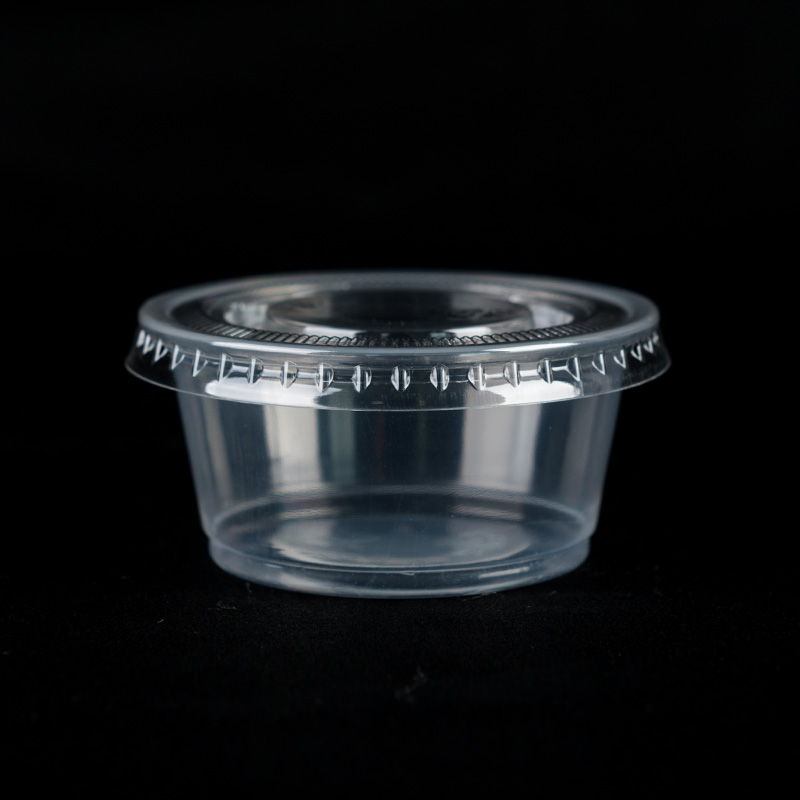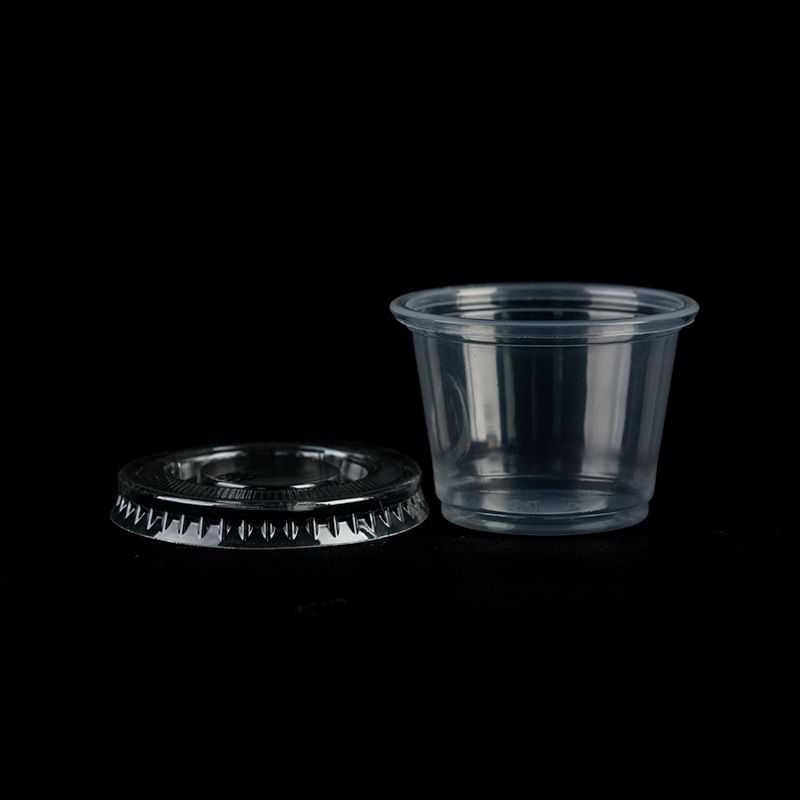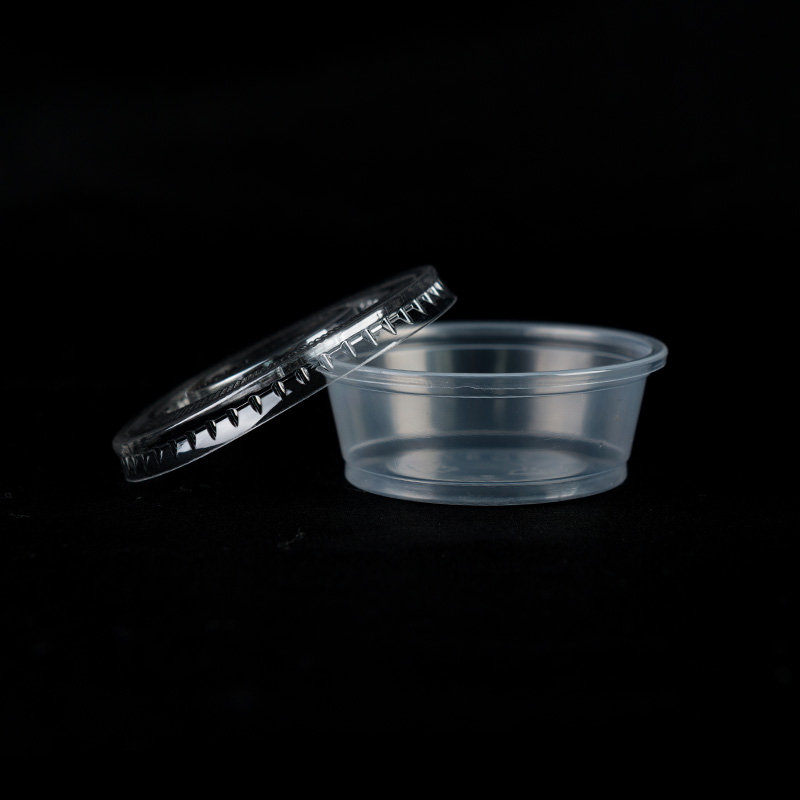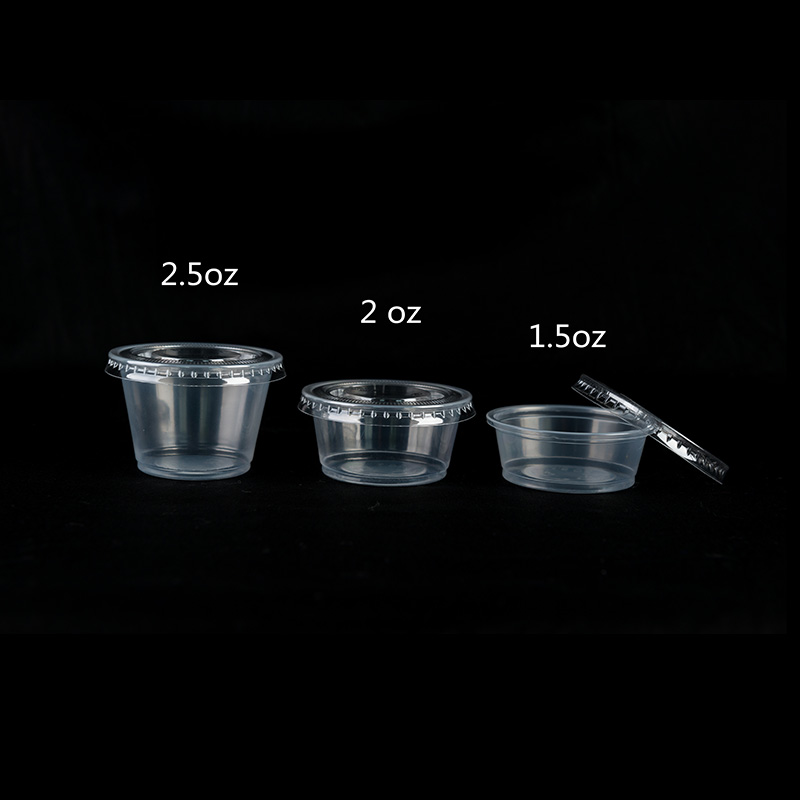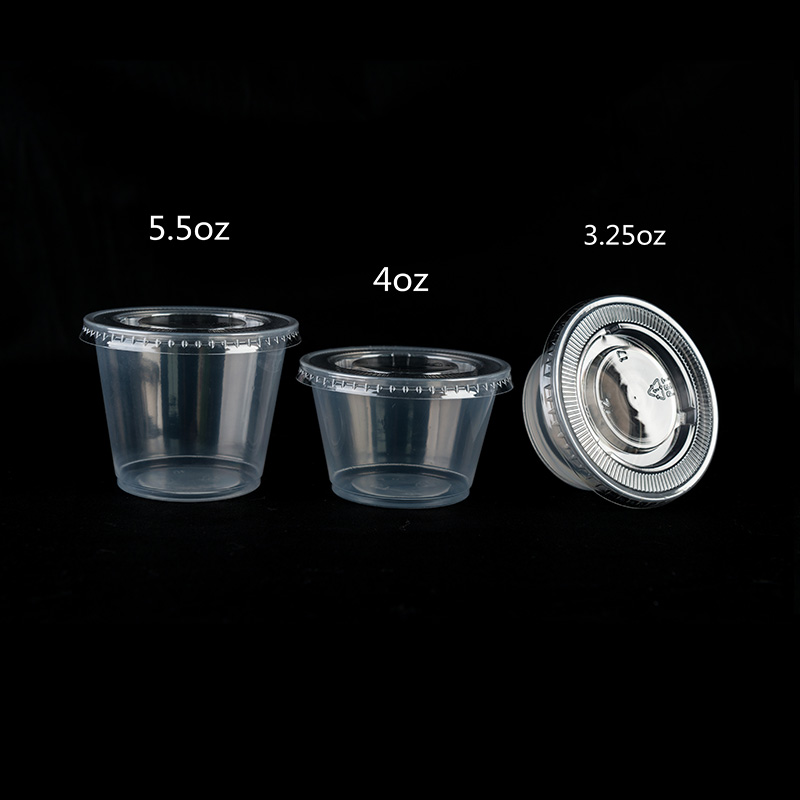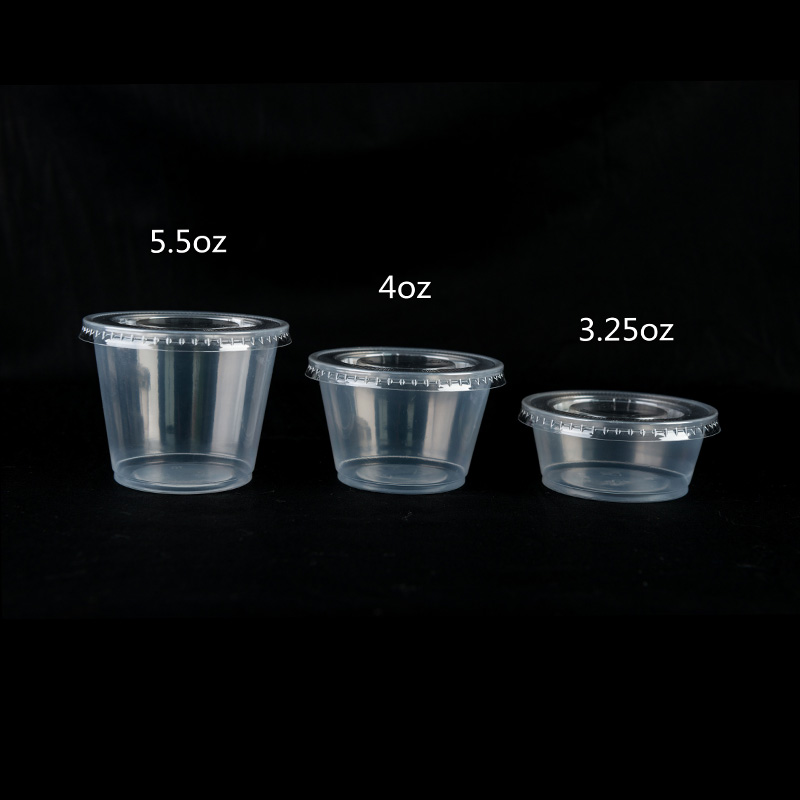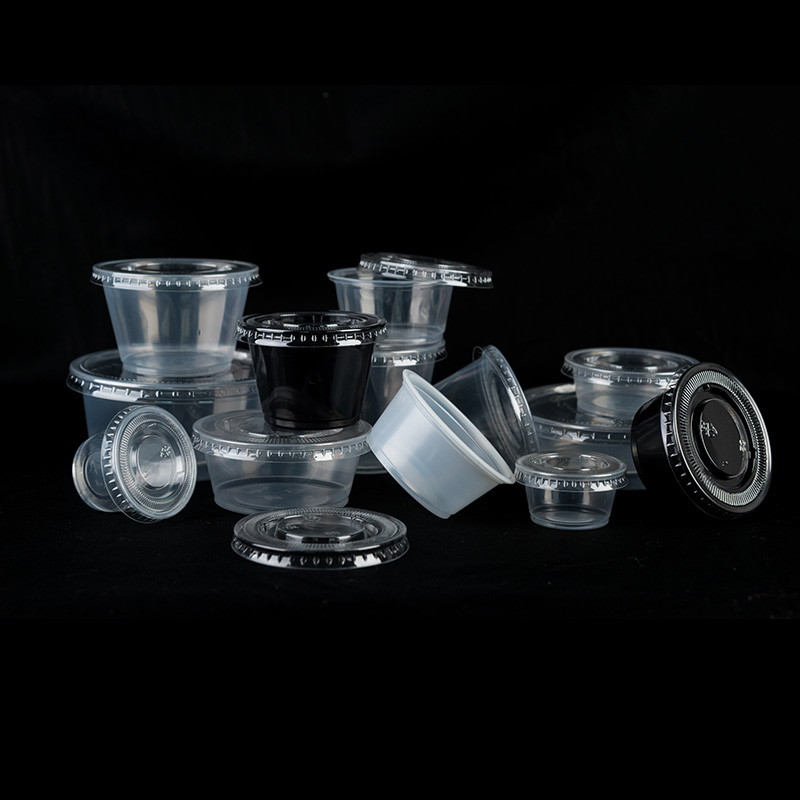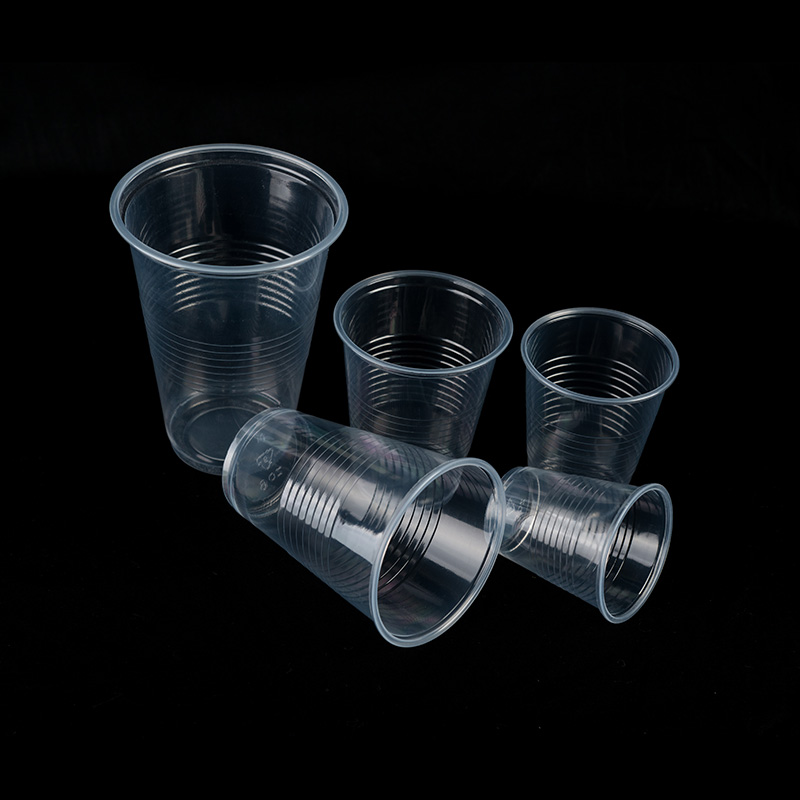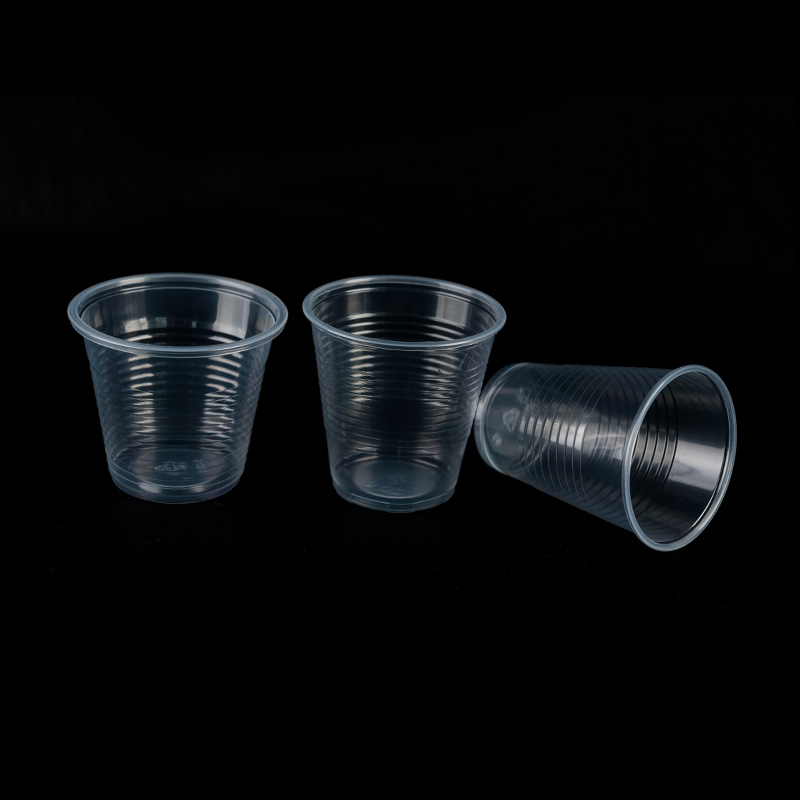Deli cups are versatile food containers commonly used in restaurants, supermarkets, and households for storing, serving, and transporting food items. Made from durable materials such as polypropylene (PP) or PET plastic, they are lightweight, transparent, and resistant to leaks. Deli cups are ideal for packaging salads, sauces, fruits, and other ready-to-eat foods. Their secure-fitting lids help maintain freshness and prevent spills during delivery or takeaway.
Repeated Use of Deli Cups Raises Health Concerns
While deli containers are designed for convenience, their widespread reuse—especially in home settings—has raised alarm among health experts. Many of these containers are manufactured for single-use only, yet are commonly reused for storing leftovers or microwaving meals.Experts warn that reheating food in such plastic containers can chemical leaching, particularly if the plastic is not rated as microwave-safe.
Furthermore, the repeated washing of these thin containers, especially in dishwashers, can cause warping and seal failure, increasing the risk of contamination.
Healthy, Clean, Reliable: The Advanced Standards Behind Hengxiang’s Deli CupContainers
Hengxiang Plastics has implemented several technical and operational innovations to build consumer trust around deli cup containers, especially regarding safety and transparency:Their factory is equipped with dust-free, fully automated production and packaging lines, which helps ensure that each container is “healthy, clean, reliable.” They use food‑grade plastics such as PP (polypropylene) and PS, with clarity options (transparent, milky white, and color printed) so customers can visually inspect contents.They maintain strict quality strategies, aiming for “zero defects” in both process and final product; they also hold certifications like ISO‑9001, BRC, and BSCI to validate consistency and safety.
Restaurants Turn to Budget Deli Containers to Balance Takeout Demand and Rising Packaging Costs
In the restaurant industry, the growing pressure to manage rising packaging costs has driven many operators to seek low-cost alternatives — including budget deli cups. Lightweight, stackable, and compatible with both hot and cold foods, these containers provide a practical solution for businesses handling high volumes of takeout and delivery orders.
However, with price often comes compromise. Lower-quality containers may be prone to leaks, lid failures, or heat sensitivity, resulting in poor customer experiences. Moreover, many budget options are not recyclable or compostable, complicating sustainability goals for foodservice brands trying to meet environmental expectations.
Some suppliers have responded by offering bulk packs at reduced prices, while others are exploring more affordable eco-friendly materials like recycled PET (rPET) or thin-gauge polypropylene (PP).
Global Deli Cup Market Future Market Forecast
According to a recent market forecast from Future Market Insights, the global deli cup container market is expected to reach USD 3.31 billion by 2034, growing at a compound annual growth rate (CAGR) of 3.1%.
The growth is fueled by rising demand for ready-to-eat meals, convenient food storage, and the global boom in online food delivery platforms. Consumers increasingly prefer pre-portioned, transparent, and microwave-safe containers for both at-home and on-the-go meals.
North America currently leads the market due to its mature foodservice infrastructure, while Asia-Pacific is expected to witness the fastest growth due to increasing urbanization and lifestyle shifts toward convenience.
Conclusion
Deli cup containers encapsulate key concerns—such as safety, affordability, and transparency—that mirror larger trends in the evolving food packaging sector. As demand continues to grow, the focus is shifting toward smart design, responsible materials, and consumer confidence — shaping the future of how we store and share food.



 English
English عربى
عربى
